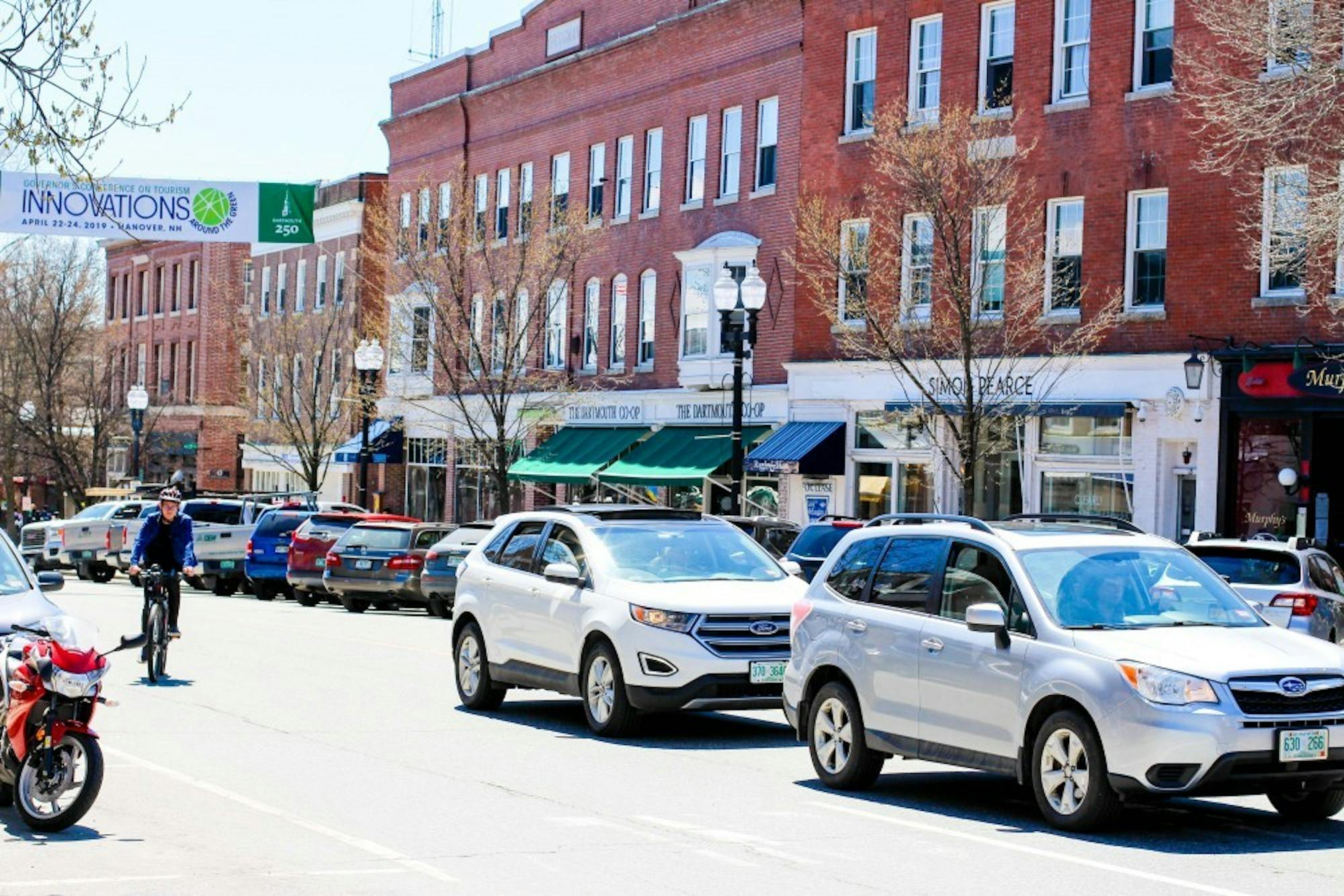For the first time since 2003, the town of Hanover is designing a sustainability master plan to guide the town’s vision for growth in the future, according to the master plan website. The website outlines some topics that the plan will address, including housing, local economic development, energy use and transportation. The master plan team is composed of consultants, town staff and an advisory committee made up of volunteers.
The plan is expected to be completed by January 2023. According to senior planner Vicki Smith, one reason for the delay of about eight years in creating a new master plan is that the master plan team was occupied with the number of building projects going on in Hanover at the time. Smith added that the pandemic also initially made soliciting input from residents difficult.
The board could not have anticipated how an unforeseen event like the pandemic would have affected public health and socializing within the community, Smith said.
According to the master plan’s website, the plan process consists of five steps: identify opportunities and challenges, set the community vision & goals, prepare recommendations, develop the implementation plan, and tracking & continuous improvement.As part of the first step,the master plan team will host a development solutions workshop at the RWB Community Center on May 21 that will be open to all Hanover residents, including students. The workshop seeks to engage with the public to formulate various solutions and encourage participation, director of planning, zoning and codes Robert Houseman said.
Last October, the board conducted small focus groups that included housing experts, Dartmouth-affiliated individuals, downtown business owners and faith-based groups as a way of gauging public opinion. From that focus group and another forum held on April 2 with 133 participants, the board developed survey questions and sent out a survey to Dartmouth students and community members. Based on the 149 survey responses collected a week ago from students and community members in Novack Cafe, Houseman said that housing proved a “top priority” for both groups.
According to Smith, the pandemic added pressure to the town’s housing market due to people leaving urban areas for rural areas like Hanover, which was further compounded by demand for housing from students who could not be accommodated on campus.
“The pandemic underscored how desperate [Hanover is] for housing,” Smith said.
Eric Hryniewicz ’23, who is a student volunteer on the advisory committee, also recognized the pandemic’s effects on housing in Hanover. Hryniewicz said that with more remote work opportunities, urban residents may move to Hanover and work remotely, which may result in the cost of living in Hanover increasing.
“We have to make sure affordable housing is provided for both students and for non-students in town, but it’s hard because people are competing for the same housing stock,” Hryniewicz said.
Houseman said that one way the town could address the need for housing would be to allow for mixed housing — which combines businesses as well as residential spaces — on the third and fourth floors of downtown buildings. Some single-family homes could also be incentivized to be converted into duplexes, Houseman added.
The recent passage of Article 11 at the town meeting on May 10 will also allow for high-density residential and commercial use along West Wheelock Street, potentially alleviating housing pressures for students and Hanover residents.
Hryniewicz noted that Hanover residents have differing opinions on affordable housing.
“Some people are the classic ‘not-in-my-backyard’ types,” Hryniewicz said. “I saw one specific comment about affordable housing letting in the ‘riff raff.’ I think a lot of people do genuinely care. I saw comments that said ‘call me a ‘yes-in-my-backyarder,’ because I'd love to have affordable housing near my house.’”
In addition to housing, Hryniewicz said that some survey respondents would like Advance Transit to run on weekends and there are considerations being made in the master plan to see how to make that possible.
According to Houseman, another issue commonly brought up from the surveys was downtown development. He said that the pandemic showed how “fragile” Hanover’s downtown economy is without Dartmouth students. Currently, Hryniewicz said that downtown stores primarily serve the wealthy parents of students and not the students or residents of Hanover.
“There needs to be a more robust, vibrant downtown that meets the needs of the broader community,” Houseman said.
The next step in the master planning process is to set the community vision and goals, a phase which will begin after the community workshop on May 21. At this phase, Smith said that a vision statement will be drafted based on public engagement.
“Growth will happen, whether it’s planned or not,” Houseman said. “The goal here is to identify our natural resources, protect them, address where we need active and passive recreational opportunities, and then figure out how we balance those needs against development pressures.”




